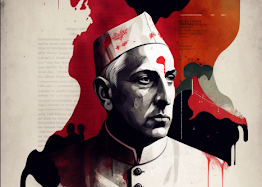Why Coinbase's Staking Services are Not Securities: An Analysis

As the crypto industry continues to grow and evolve, questions about regulation and compliance have become more pressing. One topic that has garnered particular attention is staking. Staking is the process by which a participant in a blockchain network contributes to the security of the network by validating transactions and is rewarded with cryptocurrency. But is staking a security under US law? In an article published on the Coinbase blog, the popular cryptocurrency exchange made the argument that staking should not be considered a security. According to Coinbase, staking fails to meet the four elements of the Howey test, which is used by the Securities and Exchange Commission (SEC) to determine whether an investment contract is a security. The four elements of the Howey test are: investment of money, common enterprise, reasonable expectation of profits, and efforts of others. Coinbase argues that staking does not meet any of these elements. First, staking is not an investment ...




